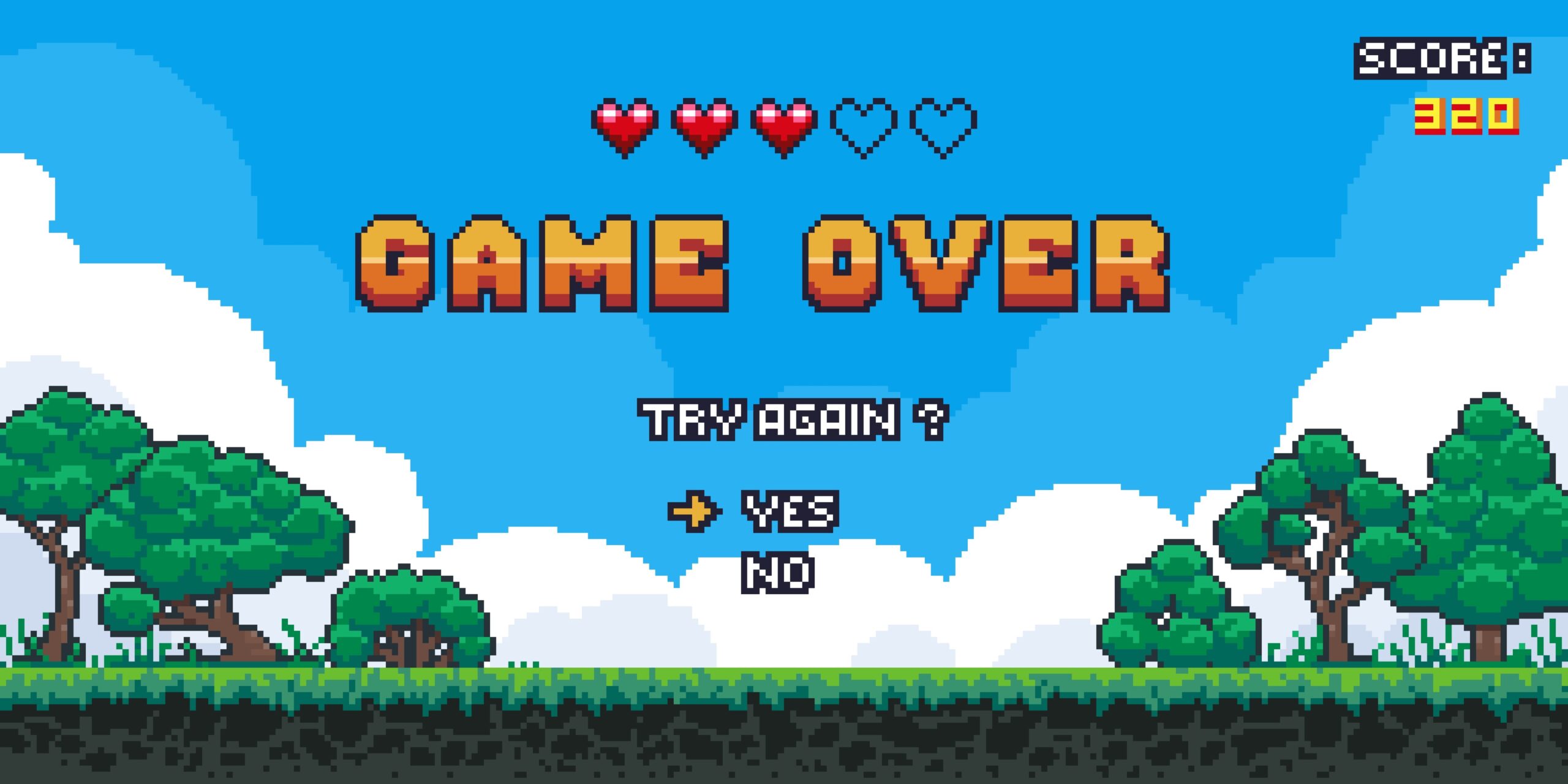Is the Web Dying? (No.)
It may be a huge messy database, but it’s our huge messy database.

Since it’s existed, the web has been under existential threat. Microsoft tried to make the web more Microsoftish, then Google ran the show for a while—until the iPhone started to pull people away from the browser into apps, at which point Meta aggregated a huge chunk of humanity into its apps. And so forth, until you get to now, when giant, AI-powered systems are slurping up tons of web content and regurgitating it like owls vomiting up mice, without credit or money going back to the creators.
So is this it? Should we stick a fork in it? Is it just six-fingered warlocks and generic bulleted lists forevermore? As with all things…it depends.
One thing that makes the “is the web dead” conversation hard is that there’s no one thing you can call the web. There’s the set of standards and rules we call the web—stuff like HTML and HTTP. There’s the giant corporate platform web, web 2.0, the semantic web, the social web, web3 (RIP)—and way over there in the corner is the indie web, where people still blog as if it’s 2006, spending pennies a month to publish their own stuff. And now there’s the AI web…sort of.
Want more of this?
The Aboard Newsletter from Paul Ford and Rich Ziade: Weekly insights, emerging trends, and tips on how to navigate the world of AI, software, and your career. Every week, totally free, right in your inbox.
Making Aboard smarter about the web taught us a lot about what the web is today, and how it works. These are a few of our takeaways:
It’s all data, everywhere
We have a particular point of view: We treat the web as a giant database, the messiest database that ever existed. The data is hard to access because it’s wrapped up in all these other agendas. We’ve spent a ton of time building systems to clean that up, one URL at a time.
It’s surprising how much data there is. It turns out that lots of companies push clean data out because they want to rank high in search results—underneath the glossy web page, raw, ugly data is embedded, invisible to the user. It’s there to keep search engines happy, but anyone can use it. Real estate sites are a good example: They publish tons of good information inside their pages, down to latitude and longitude, number of bedrooms, and so forth. They do it to earn Google’s love, but we can all use it, too. Aboard is designed to do that—to make some of the power of the giant platform more accessible, a link at a time.
The link matters
There’s a social contract to using the giant database: When you copy some of the information, you have to keep the original link. If you throw away the link, people feel ripped off. The link is the currency of the web—not the value itself, but the medium of exchange. This is something my co-founder Rich says a lot, and I agree. You create a transaction between you and the website by putting that link into the browser.
Very little of this stuff is written down. The social contract of the web is confusing, because it’s a set of highly variable, often-contradictory principles that self-appointed people believe deeply.
The ways you actually use the web
The other thing we’ve learned is that the web is really for…watching videos, chatting, and shopping. Part of me wishes it was otherwise, but that’s how people use it. People look at shoes and soccer balls and fancy cars and skincare products and jet skis. They read about those things, and talk about them. They also discuss books and donate to charities and choose colleges. It’s not all crass consumerism. Sometimes it’s elevated consumerism.
So back to the headline. Is the web dying? My take is that (1) as long as there are people out there saying the web is dying; and (2) as long as you can give someone a link and it will take you to something in a browser—even if that pops up an app—the web isn’t dead yet. Does it matter? Yes. It may be a huge messy database, but it’s our huge messy database.
Anyway—I doubt AI can kill the web. Frankly, I doubt it can come close. I think it’s more likely that AI technologies start to run inside the browser and become yet another thing that gets folded into the larger, giant, horrible, messy database that we love. All of their little artificial neurons will get their own URLs and you’ll be able to send links around for AI states like you can link to a blog post today. The web is always at risk—after all, it’s just people agreeing to share information, to mutual benefit—but I would never bet against it.


